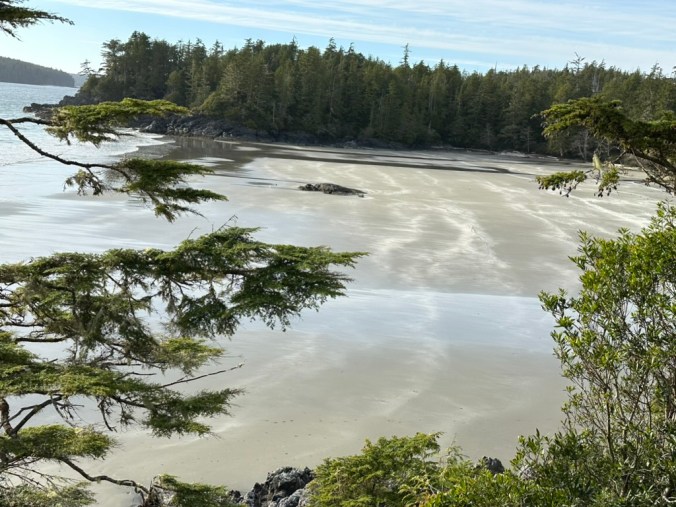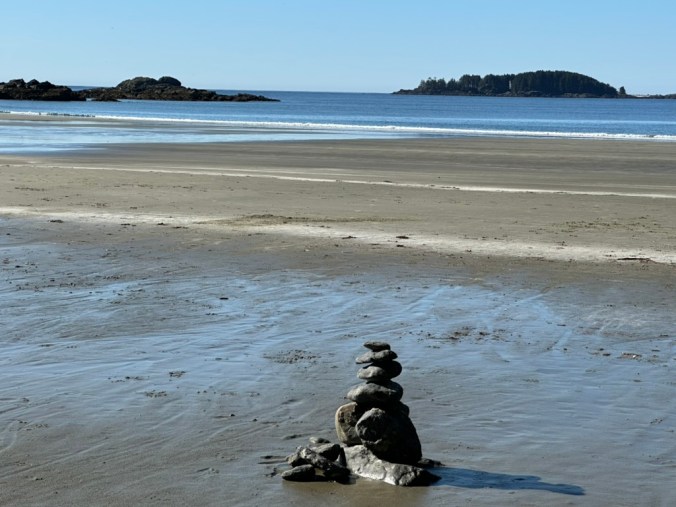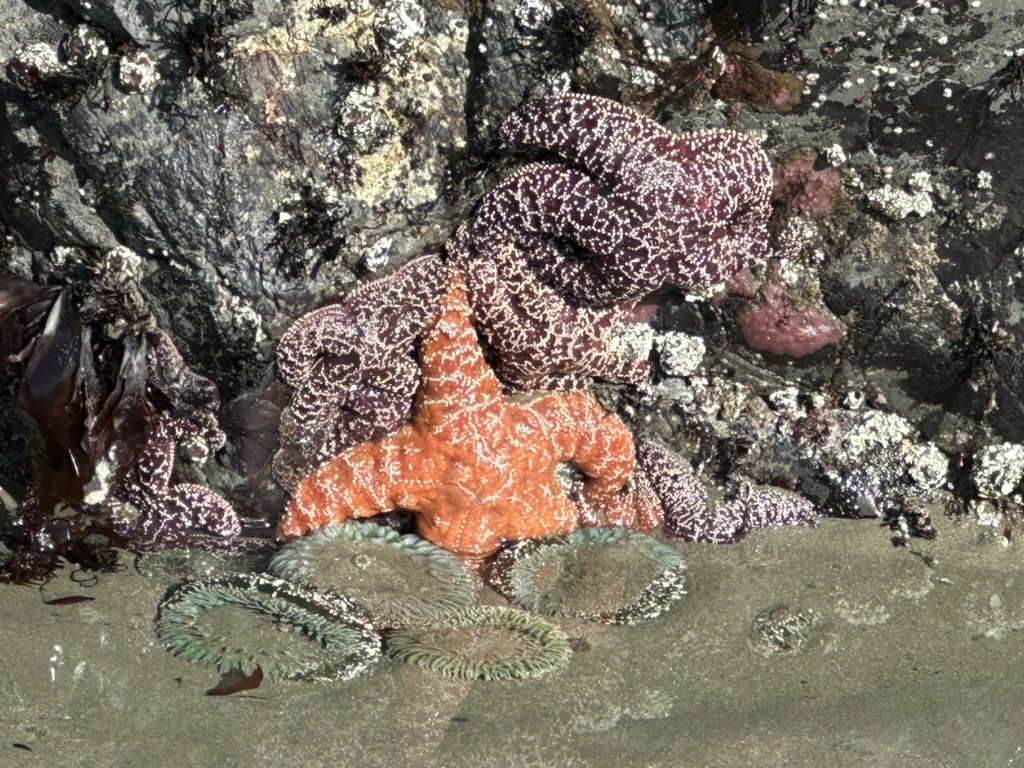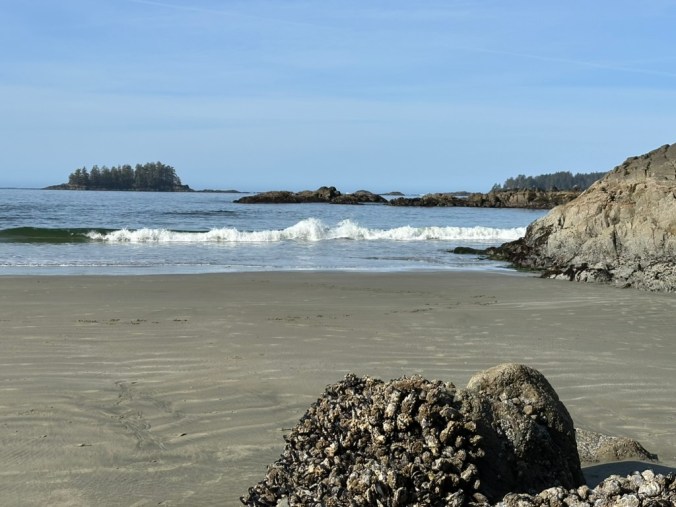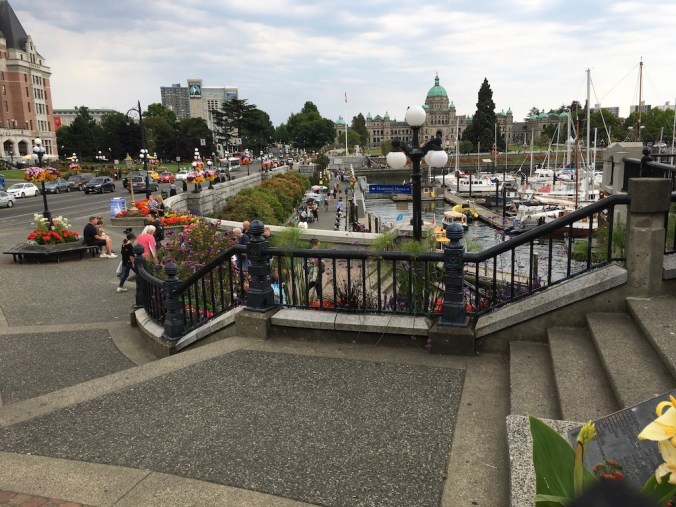The subtitle of the Lenten section in Jan Richardson’s book, In Wisdom’s Path, was “Art From the Dark.” Author and artist Jan describes the process of monotype printing that she tried for the first time alongside her written reflections. The process seemed simple: black etching ink wiped from a plate with a brush, cloth and palette knife to “find” an image. The transformative nature of going from ink plate to paper, though, was full of surprises and frustrations. In sharp contrast to the “piecing together and building up” of her primary medium of collage, monotype prints require erasure and wiping away. She had to learn to start from the dark.
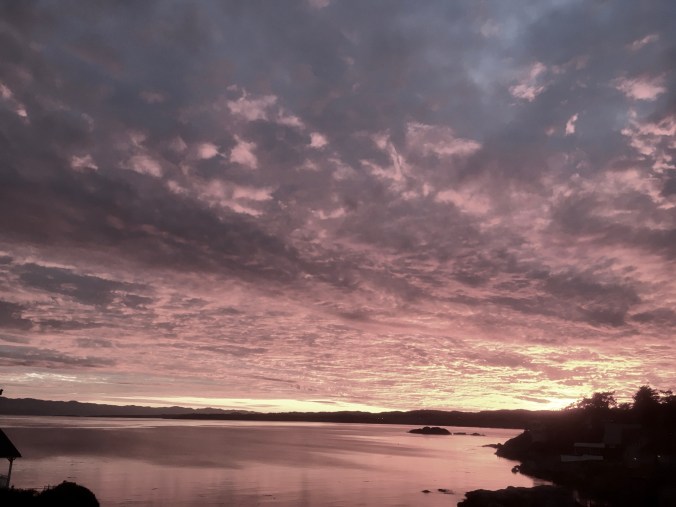
Perhaps for me too, darkness is a fitting place to begin this Lenten season.
I began the season on Wednesday with ashes on my forehead, a most holy moment for me. The service I attended was unexpectedly a time of deep listening that emanated from silence: Lectio Divina readings of the gospel passage, bells marking extended silences, no sermon, no music, quiet imposition of ashes, reflective Eucharist. With the soot mark on my forehead, I went out reminded of my connection to the earth and creation in all it’s beauty and brokenness and the healing Spirit that connects all of us.
In this season, we are invited to begin stripping away what distracts us from recognizing that deep down rightness that is hiding in plain sight of all the broken places. Or, is it hurt and brokenness disguised as power that shapes our perception?
Jan’s encourages us to take what we find in the shadows of our lives and craft what we haven’t seen before.
I was reminded of two things: one behind me, one before me. Years ago, at a retreat at St. Meinrad, one of the leaders, Gary, engaged me in conversation about my shadow self and as I remember, he thought it was my thinking (too much). Obviously he knew some things about me. Later, he asked me to join him in the evening service anointing others—a numinous experience where I felt the tangible presence of the Divine and direction beyond myself.
Beginning next week, I will join with a group of women (new to me) in a book study. I happened to notice the book’s appendix, “A Shadow-Work Handbook for Aging Consciously. ” I’m trying to quell my fears of the facing all these unknowns and be open to what comes out of those shadows.
Despite today’s murky morning, the sun has lighted the red chair where I sit. I’m grateful for Jan Richardson’s words and images that expose and bless both the darkness and the light that will shine through this Lenten season; even the tiny pinpoints that pierce but don’t quite illuminate the darkest night.

